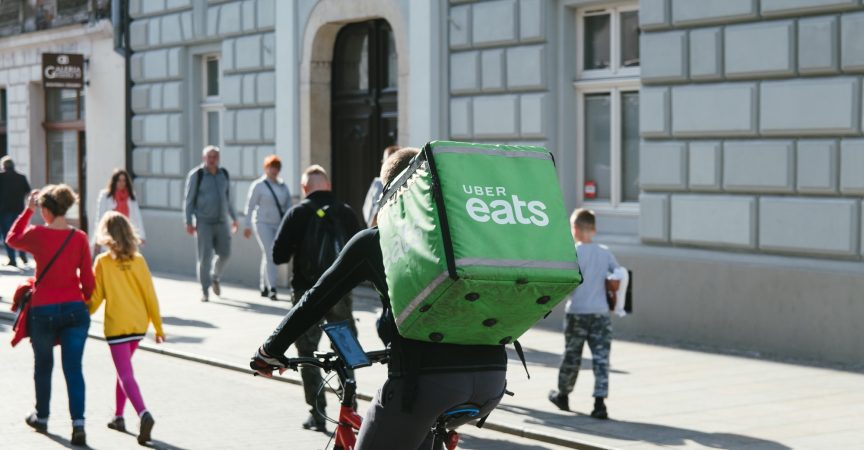Diversifying your Hospitality Portfolio: Are ghost kitchens the key to thriving in the modern foodservice market?
Call it the foodservice version of the ‘American dream’ – a sharp, savvy entrepreneur has a great concept for a restaurant, hires great staff and executes it flawlessly. Then, they open another restaurant or two, all of which do well and they go on to have a successful and satisfying career owning some of the city’s biggest dining establishments.
However, the foodservice industry does not exist in a bubble; external forces have altered the way we work and live. The foodservice industry now possesses many different branches beyond a traditional sit-down restaurant.
How can a sit-down concept restaurant, which only fulfills walk-in orders, possibly compete with a restaurant that services walk-in customers AND offers event catering, quick service, food trucks and uses online delivery platforms, where there’s thousands of more potential customers?
Simply put, they can’t.
That’s why, with changing consumer needs and the demand for online delivery platforms growing rapidly, the model for thriving in today’s foodservice environment isn’t just executing a great restaurant — it’s succeeding in as many foodservice roles as you can.
“I always ask people starting a business, ‘what is your goal going into this?’. Are they looking for something where they can have a controllable lifestyle and work at the restaurant they’ve created? Do they have the aspirations of growing a multi-million dollar business?” Adrian Niman, Founder and Executive Chef at The Food Dudes elaborates on his point, “If that’s the case, you can open a restaurant as the head chef or general manager, take a good salary, making an additional $75-$100,000 as an owner.”
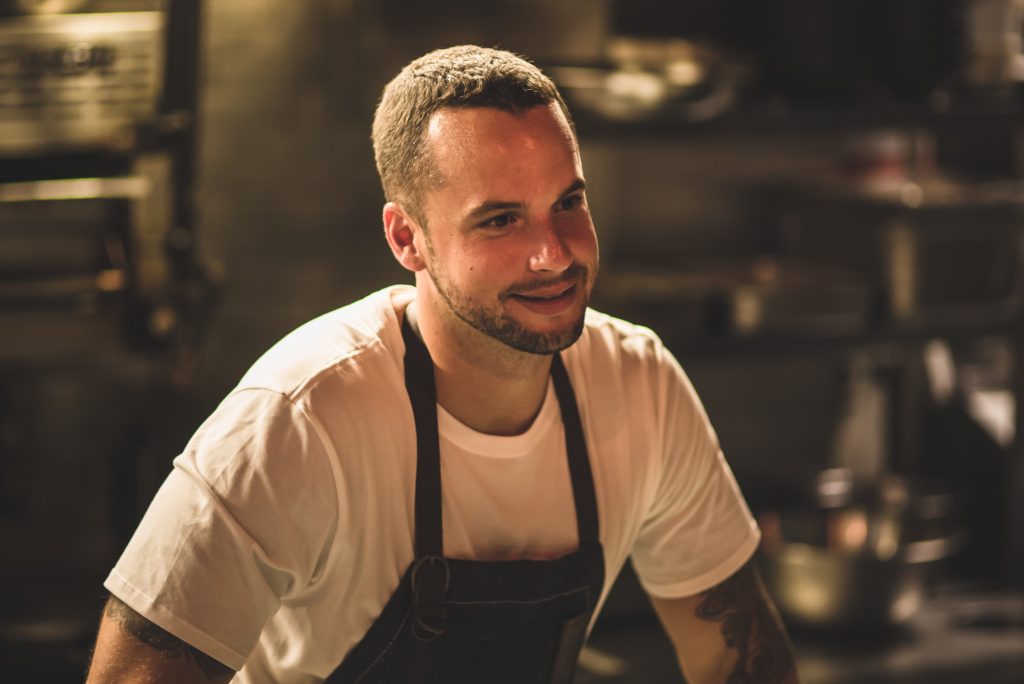
Niman emphasizes, “But if you plan on wanting to expand and grow and develop your brand, you really don’t have a choice but to keep progressing and diversifying yourself in the industry you’re in.”
Diversifying your business offerings is the key to success in our today’s hospitality industry. But don’t take our word for it; hear it from those who have succeeded at embracing the new normal at RC Show 2020.
Niman, along with John Lettieri, the Founder and President of Hero Certified Burgers, are two of the experts speaking at the Diversify to Thrive: Exploring New Profit Avenues panel on Tuesday, March 2 as part of RC Show 2020. While both Niman and Lettieri have grown their companies into titans within the industry, they did so in very different ways.
Diversification is Key
After training at the Michelin-starred Reads Hotel in Mallorca, Spain, Niman returned back to Toronto. But while most entrepreneurs entering the foodservice industry want to jump right into opening a restaurant, he opted to launch The Food Dudes by catering events.
“Restaurants are a ton of overhead and don’t create much cash flow. So I really wanted to build my brand up by doing events,” said Niman. “There’s a lot less risk that way, and it was important to me to not have an investor launch my business.I didn’t want to launch my own restaurant until I had the funds to do so.”
His plan worked; The Food Dudes gained huge success as a catering organization. Since then, they have opened multiple brick and mortar restaurants, launched a food truck, are exploring the possibility of diving the cannabis edible retail business, and are currently in the midst of opening two ghost kitchens.
A Ghost (Kitchen) is the Future?
For John Lettieri, his start began with Lettieri Espresso Bar and Café, then came the successful franchises of Hero Certified Burgers. He’s always kept his company at the forefront by staying ahead of the curve, and yet again he’s leading the way when it comes to the newest trend in restaurants — ghost kitchens.
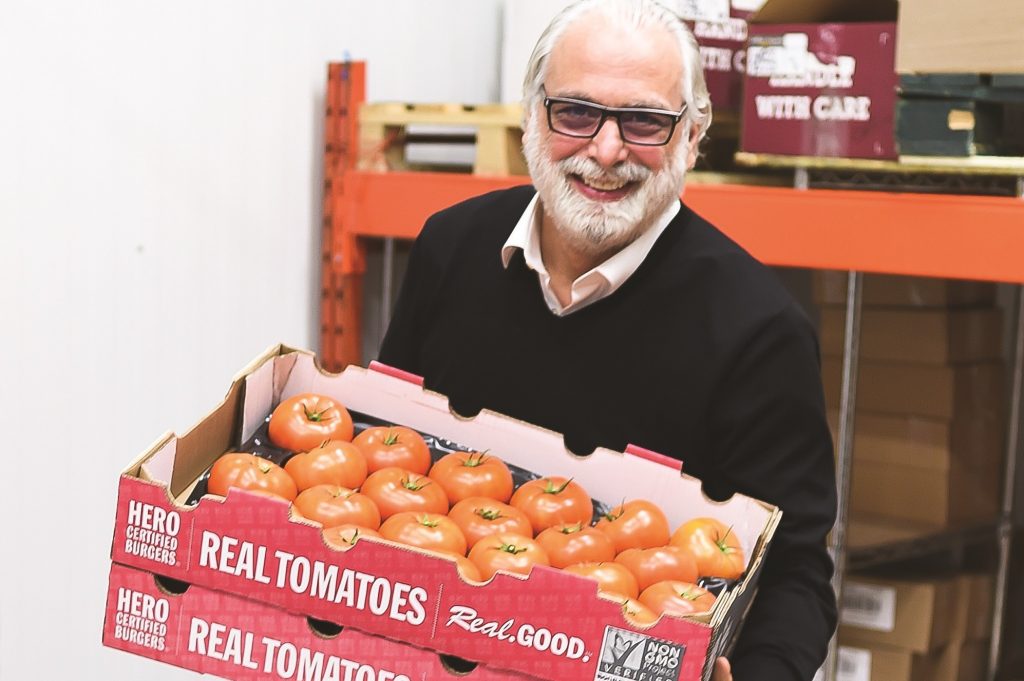
According to Restaurants Canada’s Q3 Restaurant Outlook Survey, a higher share of foodservice operators reported lower same-store sales than those that saw higher sales for the third straight quarter. Modern consumer habits, as well as the exponential growth and prevalence of online delivery platforms, forced business owners, including Lettieri, to think outside the box for how to continue growing their brand.
He didn’t believe that he could create an instant uptick in revenue by pushing more walk-in traffic so he aimed at taking advantage of the digital traffic.
“The delivery aggregate have put us in a position to help us understand that delivery actually fits into margins,” said Lettieri. “I’m not going to increase sales unless there’s some real, fundamental changes, and what is that?”
“Let’s do more offerings on the virtual world. We’ve developed the Hero Certified Chicken program and Hero Certified Seafood, that’s available right now, online at our locations through the aggregates and our app — and not walking through the door.”
Lettieri decided, however, to take the ghost kitchen model one step further. Rather than building a new Hero store, which requires renovation costs, monthly rent plus additional labour, he decided to franchise his product out to already-existing restaurants.
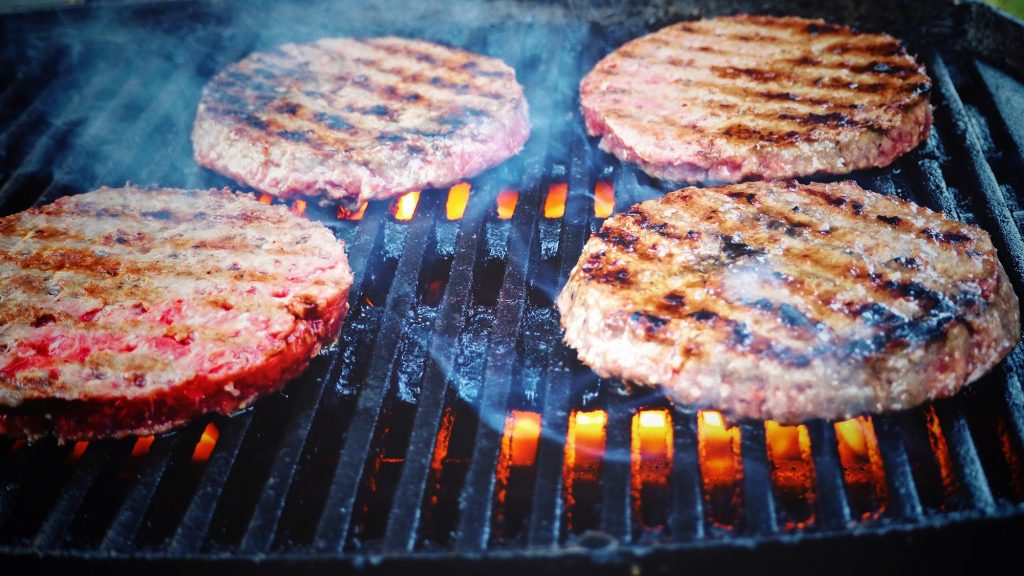
“Independent sales are hard to get up; there’s a lot of food out there, a lot of people out there, aggregates are taking a lot of business,” said Lettieri. “So hey,why don’t we have our food, delivered through distribution, into the real world through existing, qualified restaurants, that want to increase theirs (and our) sales and sell our product?”
And so Hero Virtual Kitchen was born. Lettieri partners with existing restaurants, of any cuisine style, (as long as they meet a strict criteria for quality and standards*) and they become a distributor of Hero Certified products. Hero handles the marketing, while the partner restaurant simply buys and sells the food online.
Less is More with the Ghost Kitchen Model
Looking at it from Lettieri’s point-of-view, the business model behind Hero Virtual Kitchen truly embraces the philosophy of ‘less is more’. For Hero, there’s no extra overhead costs, while for the partner restaurant they are simply just adding some more product to their kitchen, with no added marketing costs or extra labour as the orders are strictly gathered online.
“Unlike the franchise model, there’s no rent. You just buy the food, and you sell the food, we handle the marketing so that customers in your area now know that they can get Hero Burgers,” said Lettieri. “No extra labour. No extra investment. No extra nothing.”
Hero essentially acts as a distributor in this process, selling their specific product to another restaurant for resale. After the restaurant fulfills a Hero-based order, they keep a percentage of the profit, thus both companies benefit from the extra profits.
Lettieri estimates he’ll have 10 Hero Virtual Kitchen franchises set up by January. While it’s not an overwhelming number, that’s in part to the strict standards they’ve set in place for selecting viable restaurant partners.
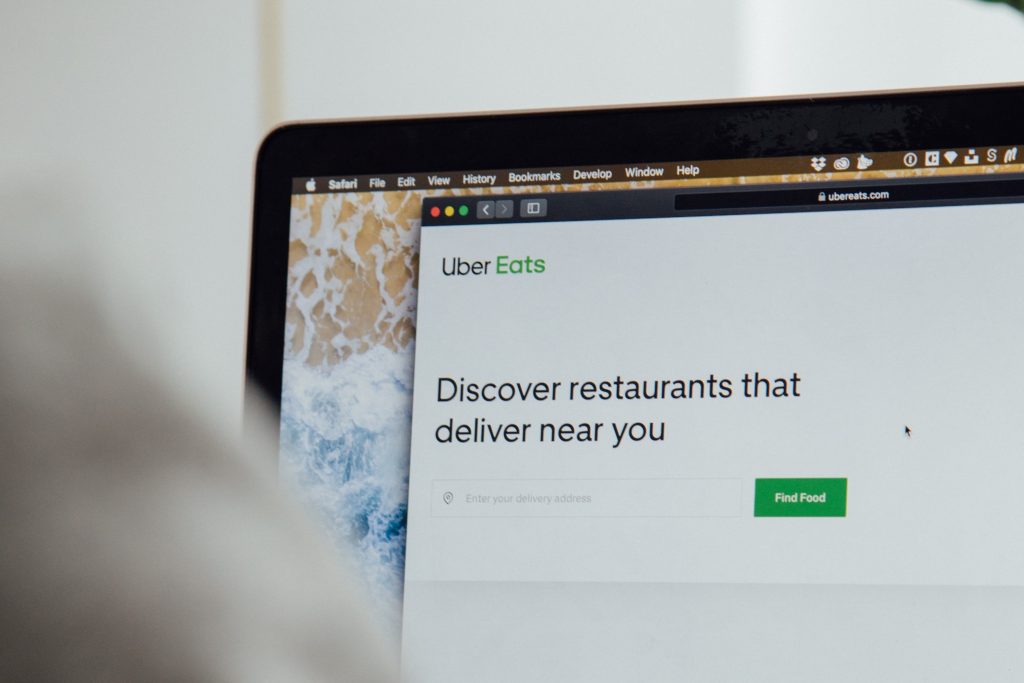
“They have to have the right equipment, the right hours, have a good Google/Yelp/Trip Advisor Rating and a great track record with the Department of Health,” explained Lettieri. “It’s that attention to detail that we’re emphasizing.. but be clear that these people are already restaurateurs.”
Lettieri estimates that a restaurant adding 15 Hero-based orders per day could add $120-$150,000 in sales per year, which could be the difference in small restaurants and chains being able to survive year-to-year.
“If I go, ‘Hey pizzeria next door, if I give you $150,00 in sales, what would you do?’ I’d be Santa Claus,” said Lettieri. “Customer are only going to know where to get the food if they order off the app. You’re acting as our distributors on the street, and you take home X percentage of the sales.”
Even Niman and The Food Dudes have seen the value in the ghost kitchen model, and are preparing to launch Chinese and Middle-Eastern focused ghost kitchens. The decision was based upon extracting the most possible value from their pre-existing infrastructure — and taking advantage of the rising popularity of online ordering.
“We have an extra kitchen at one of our restaurants that we don’t seem to utilize, so we may as well try to find a way to drive revenue,” said Niman. “And what better way to do that than leveraging off these online delivery databases that are really starting to take over.”
Don’t Sleep on Quick Service Restaurants
While ghost kitchens may be a logical decision from a value proposition point-of-view, Niman also highlights that quick-service restaurants will also be a big factor for hospitality brands in the years to come.
“You see every week a fine-dining or sit-down restaurant shutting down,” said Niman. “There’s so much competition and as these bigger restaurant groups build, it’s hard to compete with them.”
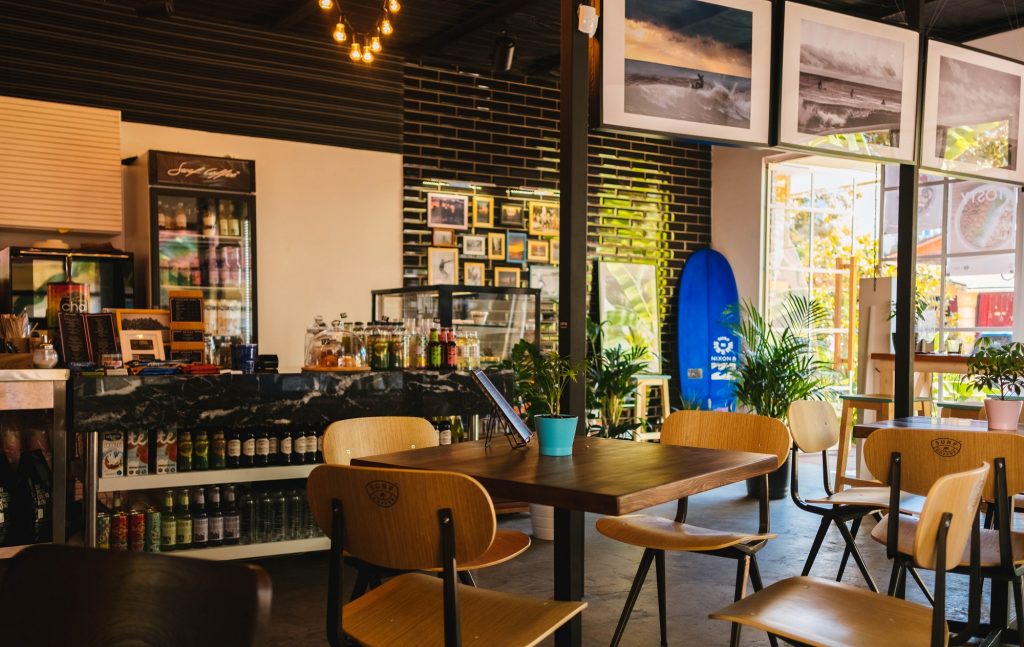
One of Niman’s restaurants, Pantry, is a quick-service concept in Toronto. He opened the first location in Leslieville, followed by one in Rosedale. Both were successful, but once he opened a location downtown in the PATH, he truly saw the value of a quick-service restaurant.
“When we went down to the PATH in Commerce Court, from Monday-Friday we’re doing almost double from what my fine-dining restaurants do, including alcohol, just in food sales,” said Niman. “It’s kind of proven that you can run a business, Monday to Friday, and if you have the right concept and the right brand you can really hit it out of the park.”
“People don’t want to be 70-80 hours on their feet in a kitchen anymore. So if you are passionate about a career in this industry you need to find different ways to accelerate.”
“For me, I always knew that Food Dudes was going to be more than just a catering business,” said Niman. “We’ve really done a great job of diversifying ourselves in the hospitality market and that’s the key to building a strong brand.
Diversifying to stay strong in the future
For Hero Certified Burgers and The Food Dudes, this shift to embrace new trends, diversify their brands and step into uncharted water isn’t just continuing growth of their business, but ensuring the health of the foodservice industry as a whole stays strong as well.
“This is our sustainable program, which we believe we can offer to the industry,” said Lettieri. “And there’s an obligation for the industry to adopt this because, and probably every restaurant operator in the country can say this, more sales can help.”
To get more details about how Lettieri and Niman are using ghost kitchens and business diversity to grow their companies, as well as other general learnings they’ve discovered in the foodservice industry, be sure to attend their talk on the Diversify to Thrive: Exploring New Profit Avenues panel on Tuesday, March 2 at the RC Show 2020.



